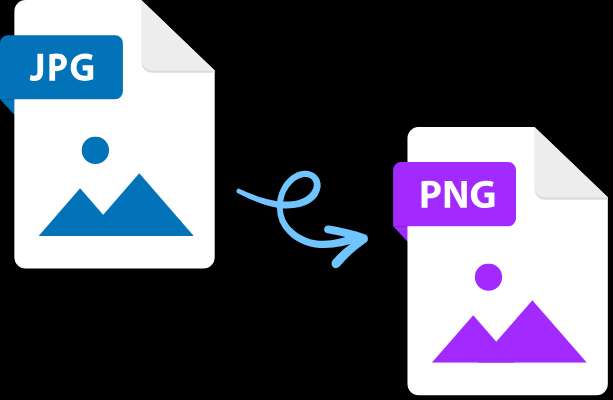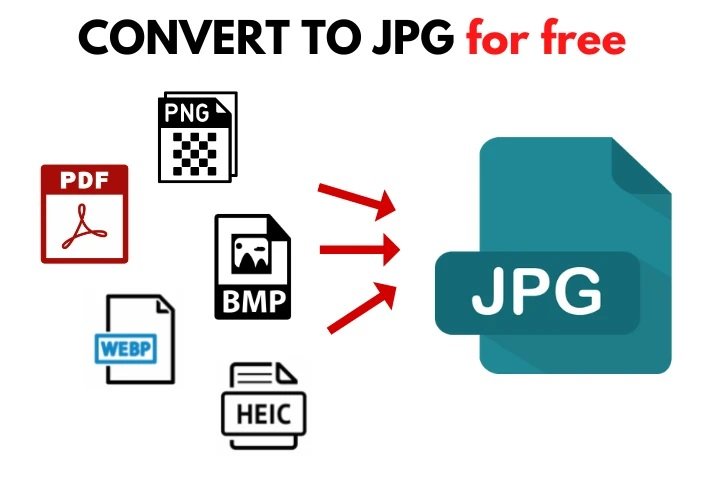Domain to IP
Unraveling the Functionality and Benefits of Domain to IP Conversion Tools
In the interconnected world of the internet, translating domain names into their corresponding IP addresses is a fundamental process that underpins communication between devices. Domain to IP conversion tools play a crucial role in this process, providing a means to swiftly resolve domain names to their associated IP addresses. Whether you're troubleshooting network issues, verifying website ownership, or enhancing cybersecurity measures, domain to IP tools offer invaluable capabilities. Let's delve into the functionality and benefits of these tools and explore their significance in modern digital infrastructure.
Understanding Domain to IP Conversion
Domain to IP conversion is the process of translating human-readable domain names (e.g., example.com) into numerical IP addresses (e.g., 192.0.2.1) that computers use to communicate over the internet. This translation is facilitated by the Domain Name System (DNS), a distributed hierarchical system that maps domain names to IP addresses. Domain to IP conversion tools automate this process, providing a convenient means to obtain the IP address associated with a given domain name.
The Role of Domain to IP Tools
Domain to IP tools serve various purposes in network administration, cybersecurity, and website management. They enable network administrators to identify the IP addresses of remote servers or websites, aiding in troubleshooting connectivity issues and optimizing network routing. Additionally, these tools are invaluable for cybersecurity professionals in detecting and mitigating threats, such as identifying malicious domains or tracking the origin of suspicious network traffic. Website owners can also use domain to IP tools to verify DNS configurations, monitor DNS propagation, and ensure website accessibility from different geographical locations.
Features and Functionality
Modern domain to IP tools offer a range of features to simplify the domain resolution process and enhance usability. They typically provide intuitive interfaces where users can input domain names and retrieve corresponding IP addresses instantly. Some advanced tools may offer additional functionalities, such as reverse IP lookup, geolocation mapping, and WHOIS information retrieval, providing comprehensive insights into domain ownership and network infrastructure.
Practical Applications
The applications of domain to IP tools span across various domains within IT infrastructure management and cybersecurity. Network administrators rely on these tools to diagnose connectivity issues, troubleshoot DNS misconfigurations, and optimize network performance. Cybersecurity professionals leverage domain to IP tools to investigate potential threats, perform threat intelligence analysis, and enhance perimeter security measures. Website owners and developers use these tools to monitor website availability, verify DNS configurations, and optimize content delivery networks (CDNs) for improved performance and reliability.
Choosing the Right Domain to IP Tool
When selecting a domain to IP tool, consider factors such as accuracy, reliability, and additional features offered. Opt for tools that provide real-time domain resolution capabilities and adhere to DNS standards to ensure accurate results. Additionally, prioritize tools that offer advanced functionalities, such as geolocation mapping or WHOIS information retrieval, to meet diverse use case requirements.
Conclusion
In the dynamic landscape of digital infrastructure and cybersecurity, domain to IP conversion tools emerge as indispensable assets for network administrators, cybersecurity professionals, and website owners alike. By simplifying the process of translating domain names into IP addresses, these tools empower users to diagnose network issues, mitigate security threats, and optimize website performance with ease. Embrace the potential of domain to IP tools and unlock new possibilities for network management and cybersecurity in the digital age.






















